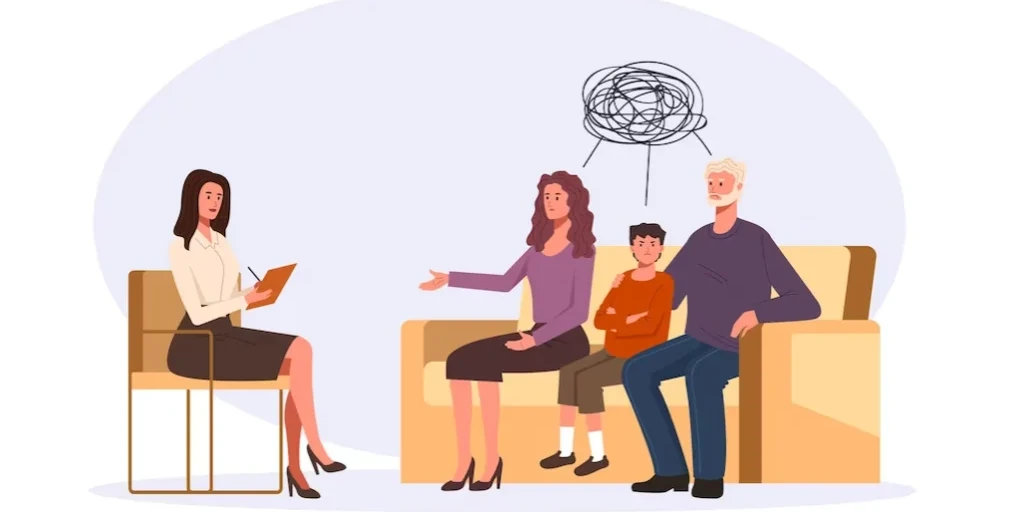24/7 Helpline:
(866) 899-221924/7 Helpline:
(866) 899-2219
Learn more about Methadone Detox centers in Union County

Other Insurance Options

Humana
Beacon

Molina Healthcare

Medical Mutual of Ohio

American Behavioral

Holman Group

United Health Care

Aetna

Sliding scale payment assistance

PHCS Network

Kaiser Permanente

CareSource

Magellan Health

Excellus

ComPsych

EmblemHealth

MHNNet Behavioral Health

WellPoint

Meritain

Cigna

Center for Human Development
Center for Human Development is a private rehab located in La Grande, Oregon. Center for Human Devel...

Jonathan M. Wainwright Memorial VA Medical Center – La Grande VA Community Based Outpatient Clinic
Jonathan M. Wainwright Memorial VA Medical Center - La Grande VA Community Based Outpatient Clinic p...
















































































Heart Steps Counseling Services
Heart Steps Counseling Services is a private rehab located in La Grande, Oregon. Heart Steps Counsel...

Grande Ronde Recovery
Grande Ronde Recovery is a private rehab located in La Grande, Oregon. Grande Ronde Recovery special...


















